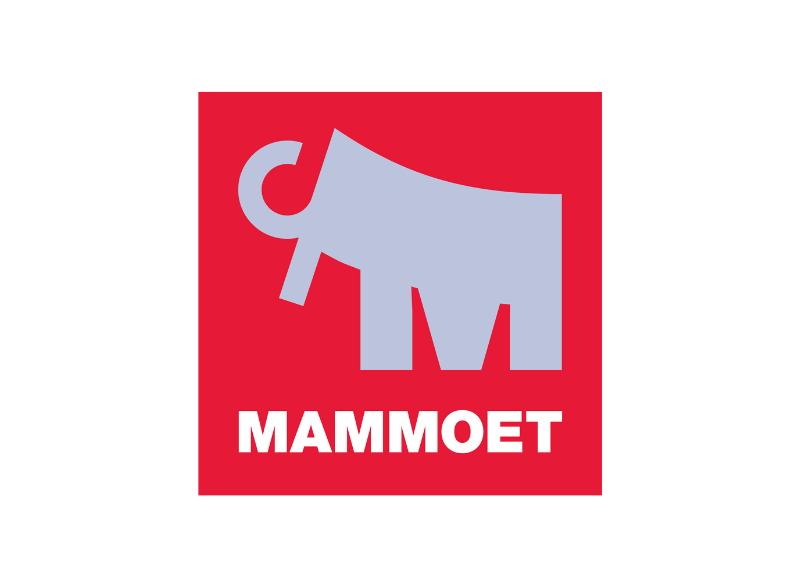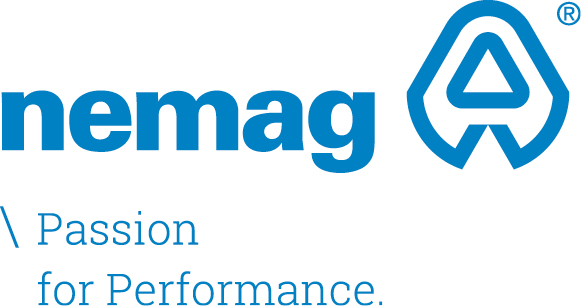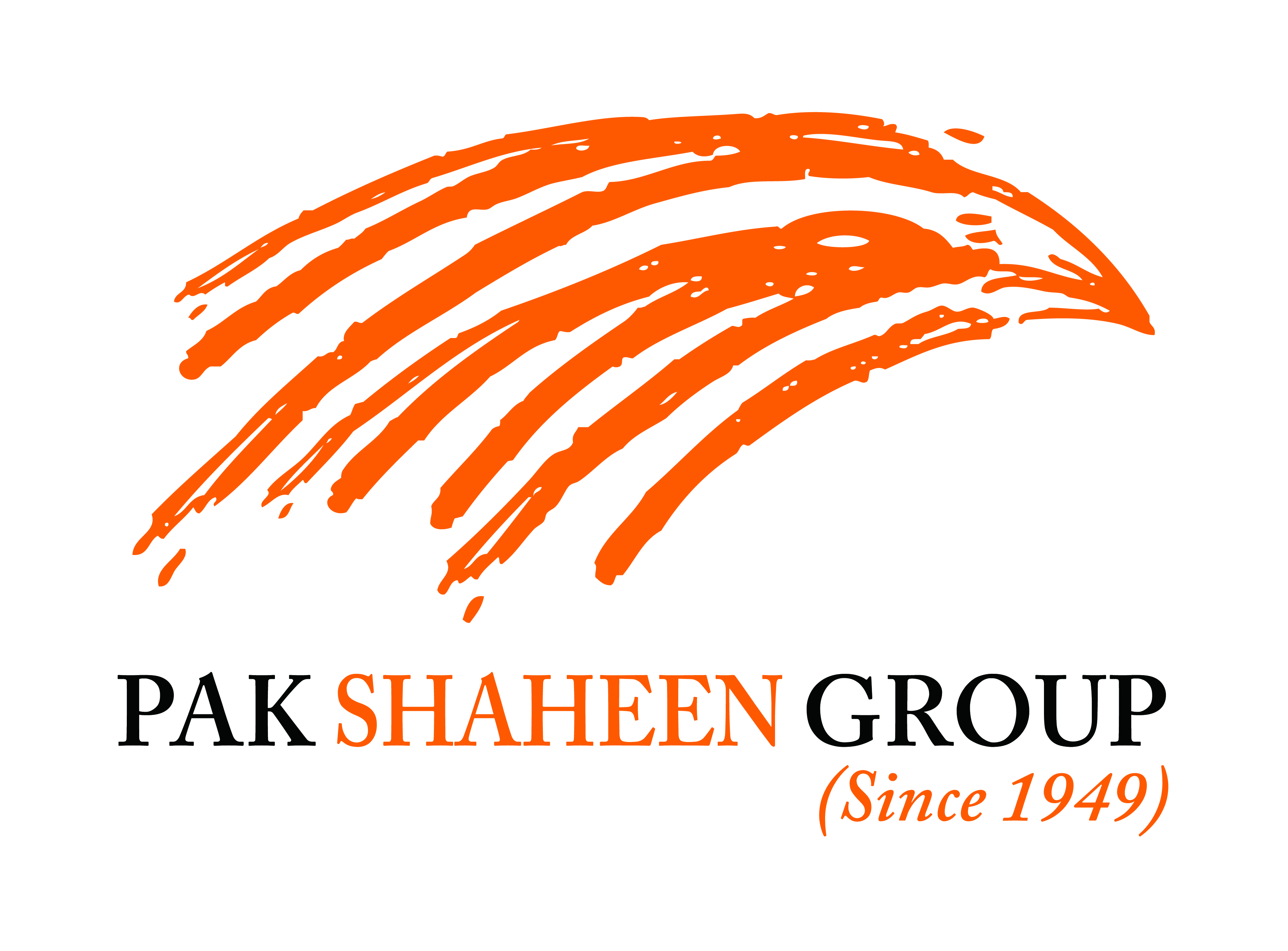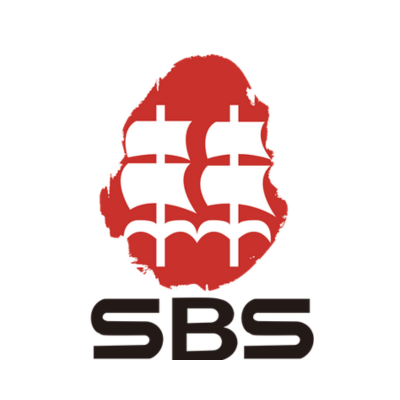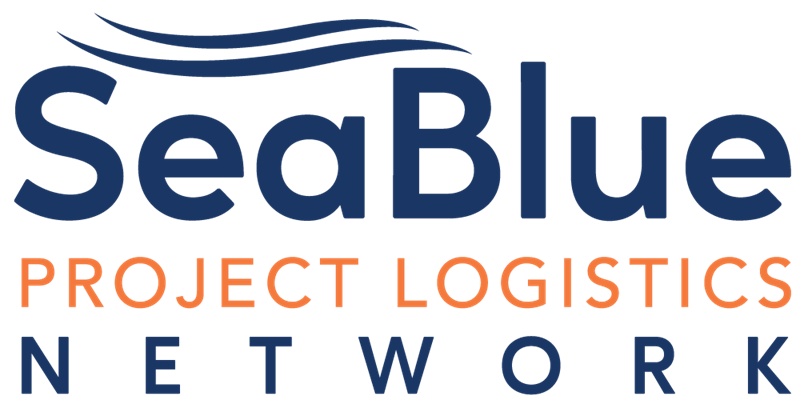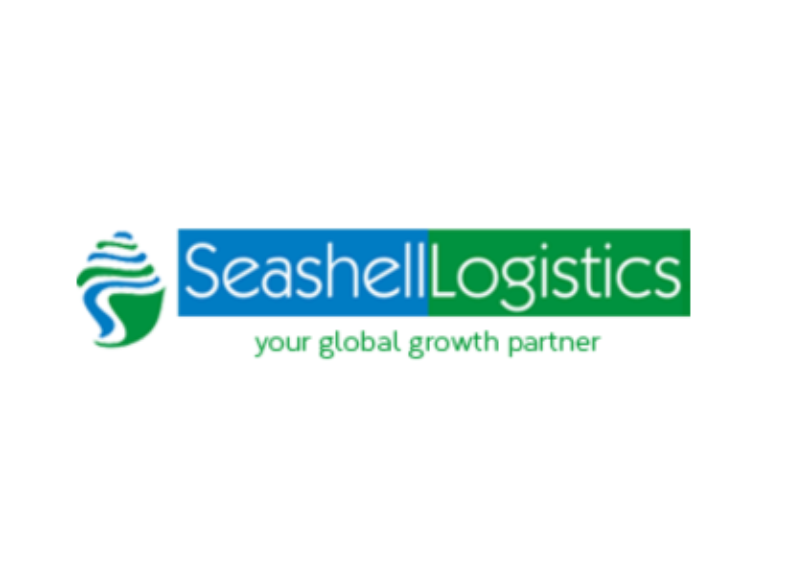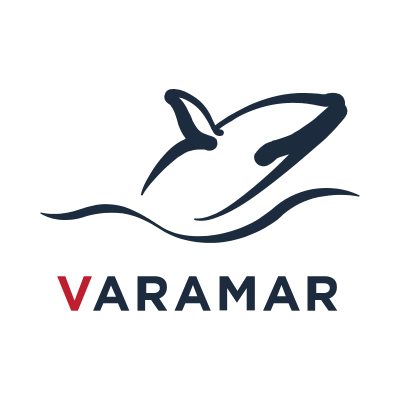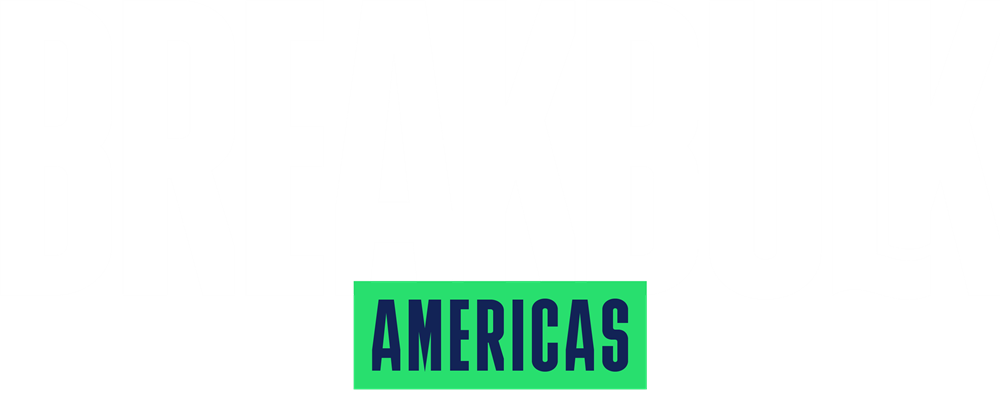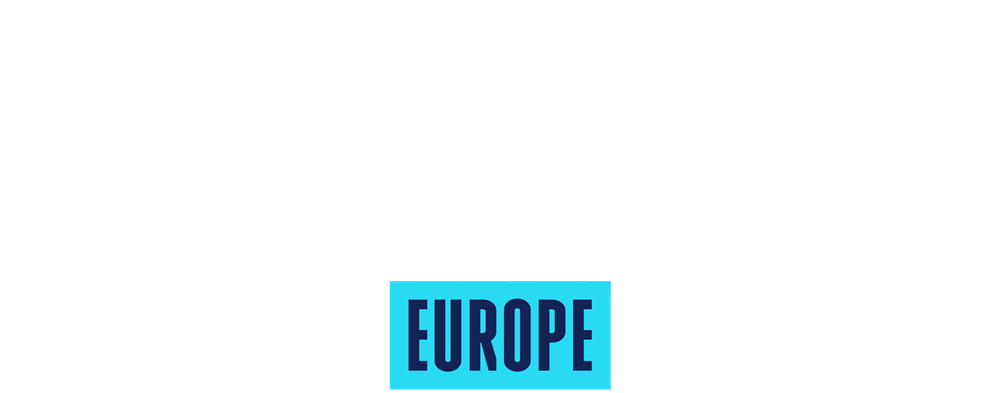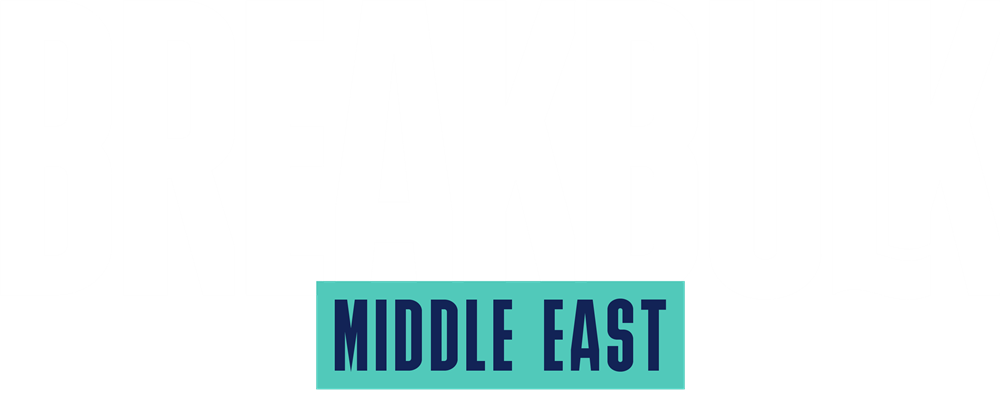Oct 13 | 2022
Vinit Pednekar Says OFS Industry Must Devise New Strategies to Sustain Profitability
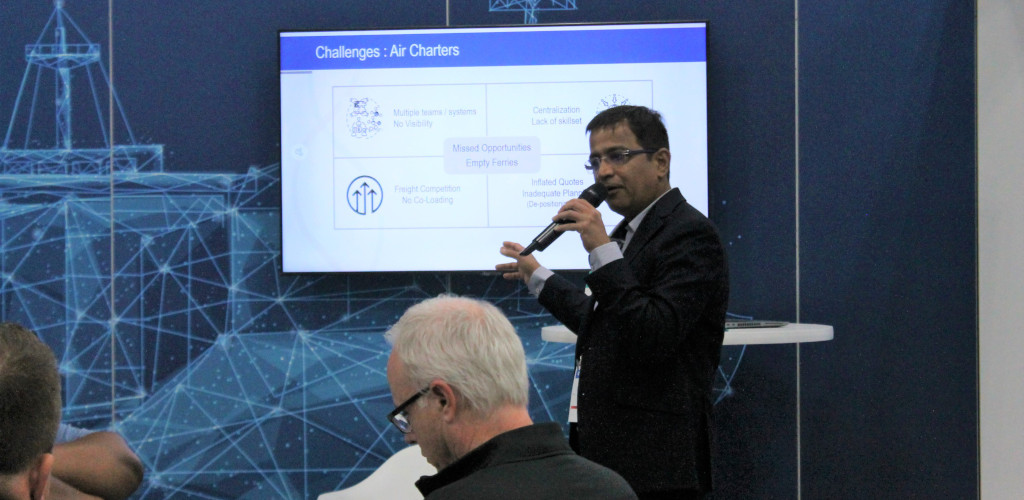
.jpeg) Vinit Pednekar, supply chain manager at Schlumberger, spoke to Breakbulk Americas delegates on Wednesday in a session hosted by the Breakbulk Global Shipper Network Lounge, sponsored this year by logistics orchestration platform, e2log. His engaging talk focussed on how leading oilfield services companies are leveraging synergies to manage their transport and mobilization spend. After the session, Breakbulk's Simon West caught up with Vinit for a quick Q&A to find out more on what the OFS industry must do to sustain profitability.
Vinit Pednekar, supply chain manager at Schlumberger, spoke to Breakbulk Americas delegates on Wednesday in a session hosted by the Breakbulk Global Shipper Network Lounge, sponsored this year by logistics orchestration platform, e2log. His engaging talk focussed on how leading oilfield services companies are leveraging synergies to manage their transport and mobilization spend. After the session, Breakbulk's Simon West caught up with Vinit for a quick Q&A to find out more on what the OFS industry must do to sustain profitability.How is managing logistics for an O&G company different than for other industries?
O&G, and particularly offshore operations, brings different sets of geographical and regulation complexities, especially in the field of logistics management. We are exposed to high logistics spend in sending equipment and chemicals to an offshore rig, for example. It requires organized planning and logistics management to ensure that these resources are ready at the shore base for loading onto platform supply vessels, which have fixed schedules. Logistics spend is one of the important cost lines – any delays upfront from procurement and manufacturing put pressure on the logistics department as they manage final delivery to the operations. In O&G, stakes are high if required resources are not available to perform seamless operations, as it is 24x7 operations and rig waiting charges are exorbitant. Offshore drilling can cost between US$600,000 to US$800,000 per day, so we cannot keep operations waiting on resources. The majority of drilling tools are oversized – up to 40ft in length – and at times shipped via air freight because they are shared between various countries.
What has been the biggest challenges in your field over the last three years?
During the pandemic, activity dropped, putting pressure on O&G prices. This was followed by events such as the container crisis, labour and raw material shortages and geopolitical crises – all of which impacted cost of service delivery and our overall margins. The situation appears to be improving in the maritime industry but consistent underperformance of operated flights with more than 30 percent delays in planned vs actual flights, and the shortage of charter flights, means moving oversized cargo via air freight or charter flights remains a massive challenge.
You spoke at Breakbulk Americas 2022 about companies creating external synergies to overcome some of the current challenges in shipping. Can you elaborate more on your talk?
The pandemic has changed business dynamics – companies that before strove for market share are now more concerned about margins. Most companies have a mature supply chain, and with their transformation programmes they have managed to reduce spend and improve overall service quality. Going forward, finding internal cost saving opportunities for these companies is difficult, so the priority is to explore external synergies between other global shippers. I emphasized the collaboration and route optimization opportunities that exist while managing air cargo charters. Because of longer lead times and unreliability, we have seen an unprecedented increase in usage of charter flights. For an OFS company cargo charters contribute up to 5 percent of the overall logistics spend, which is in the range if US$10 million to US$15 million. The air charter industry is growing. It is a US$48 billion market, and will rise to US$52 billion by 2029.
What are the challenges associated with getting companies to partner up for shipping?
The main challenge is that currently there no platform which facilitates collaboration between global shippers to consolidate cargo on a charter flight.
So how do you envision these synergies happening?
Logistics collaboration. Finding strategic partners who can be part of a consortium to consolidate cargo and optimize charter flight capacity at optimal cost. We have a few OFS and O&G suppliers already collaborating, and other companies are now interested to learn and be part of this initiative.
Tell us about the new consortium. How does it work? What new technologies does it use?
Built on Oracle’s PaaS cloud-based infrastructure, the Charter Consortium Platform launching in January 2023 will leverage technology to share shipping data, allowing each member to benefit from a collective scheduling transparency, ride-share and contact operators.
How is pricing structured in the consortium?
The success of the concept is dependent on active collaboration amongst global shippers, but the aim is to reduce spend with no additional cost to them. If all goes as planned there will not be any fees to access the platform, shippers just need to input basic details whenever they organize any charter – dimensions, ETA, ETD, cut-off time, origin, destination port – so that others shippers can collaborate. The platform will offer real time visibility of charter space availability, and the ability to connect with shippers, brokers and flight operators.
How can shippers find out more about the consortium?
You can contact me directly by email [email protected], or on +1 (832) 245 2437.
Vinit Pednekar is an expert in global supply chain logistics, with 15 years’ experience working for one of the world’s largest oilfield services companies in the Middle East, Asia, eastern Canada, the Caribbean and the US.
He is currently responsible for supply chain management for drilling operations, which includes managing sourcing and negotiation strategy for critical third-party suppliers, performance management for the company’s centralized hubs, and directing complex logistics mobilizations.
He also volunteers his time and expertise to the American Red Cross of Houston, Texas, where he is based, as a member of its logistics team.
Vinit also spoke to Breakbulk's Leslie Meredith during the conference. Check out the video:
.png?ext=.png)
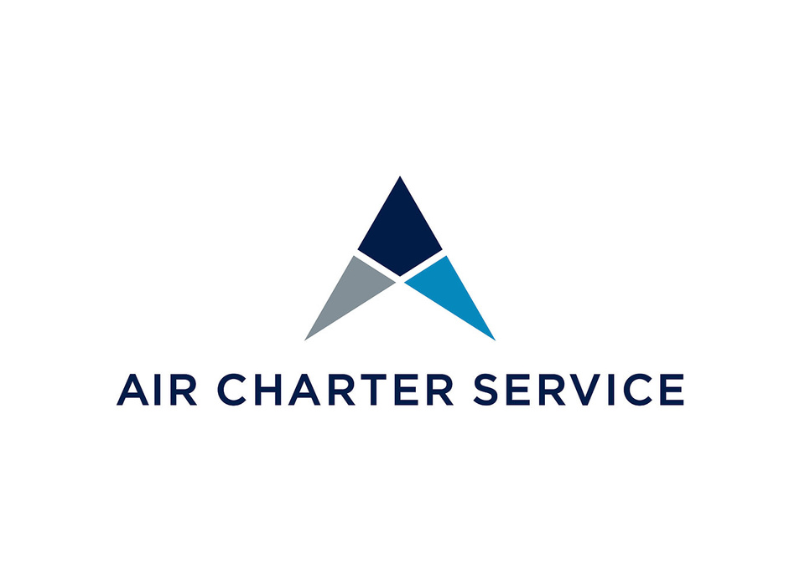
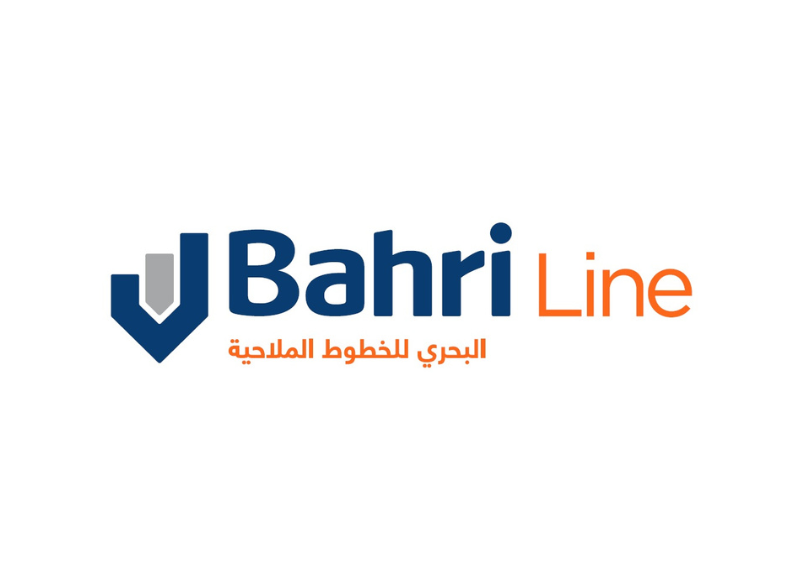
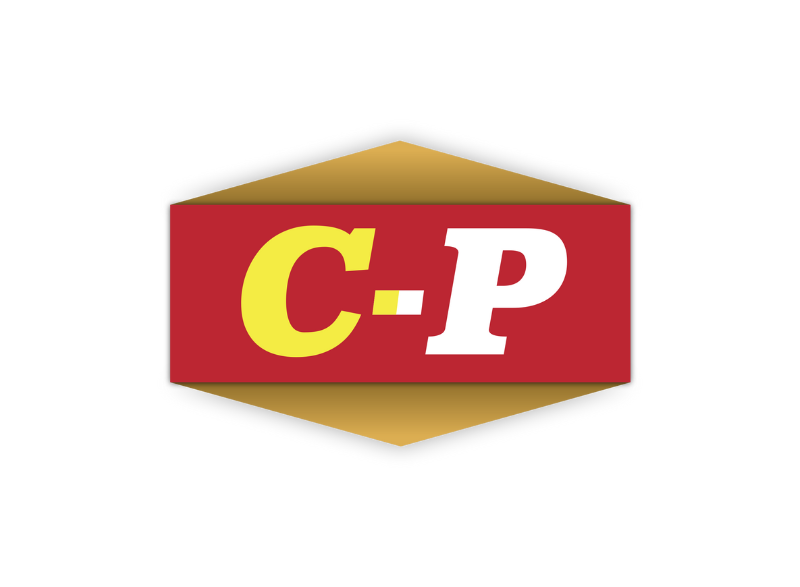
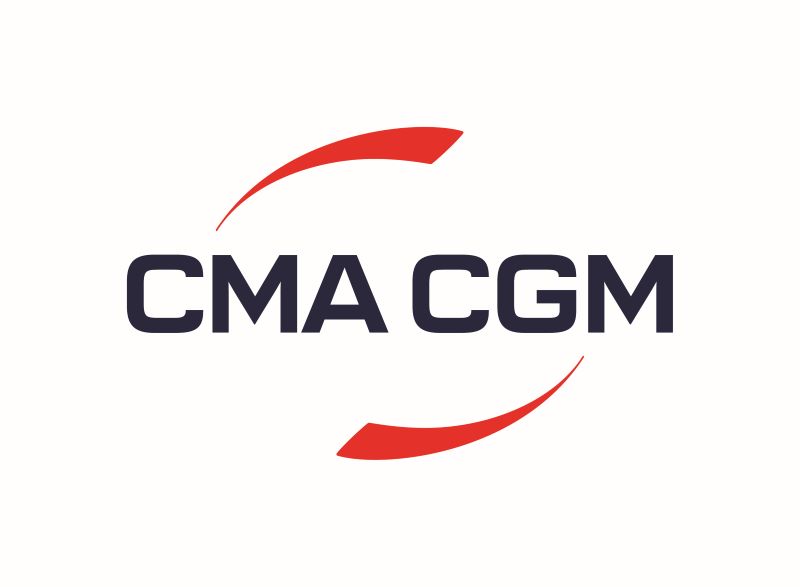

.png?ext=.png)
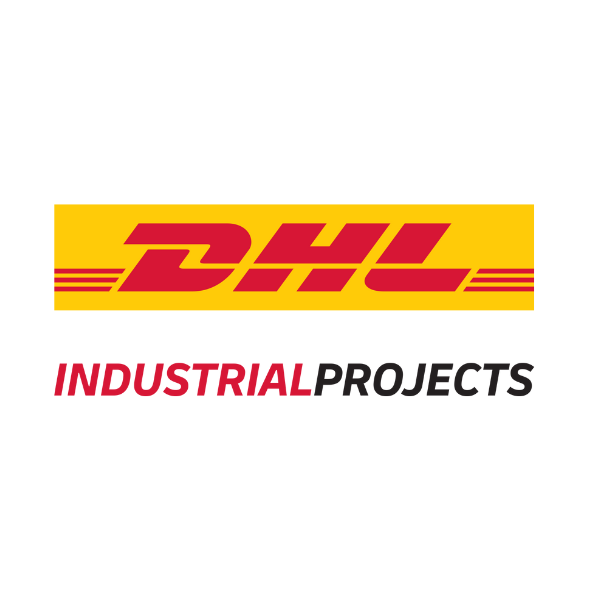
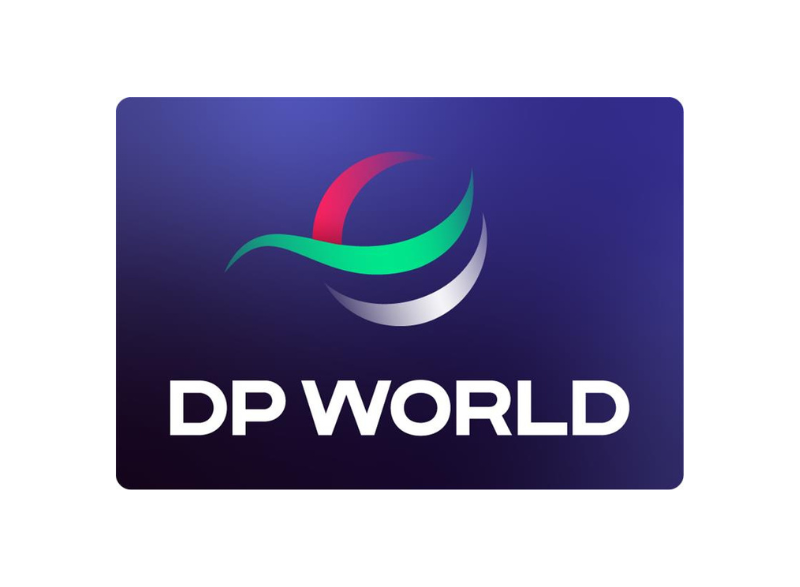
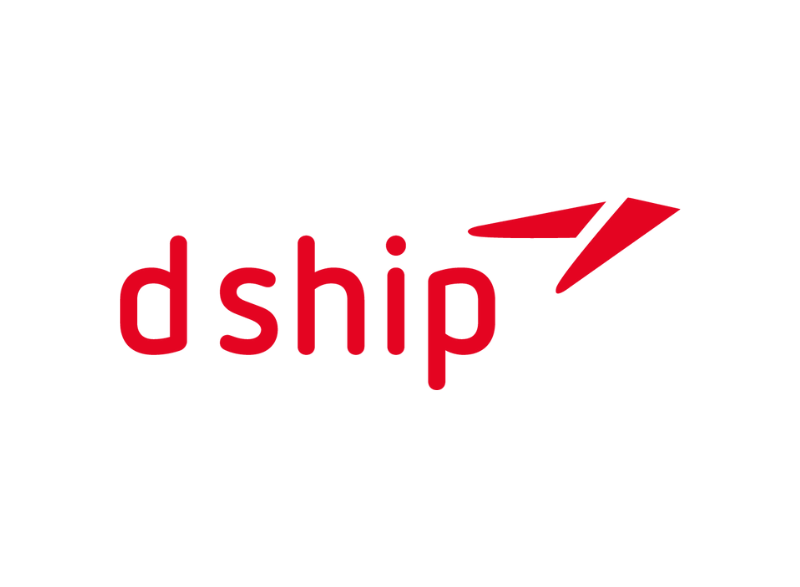
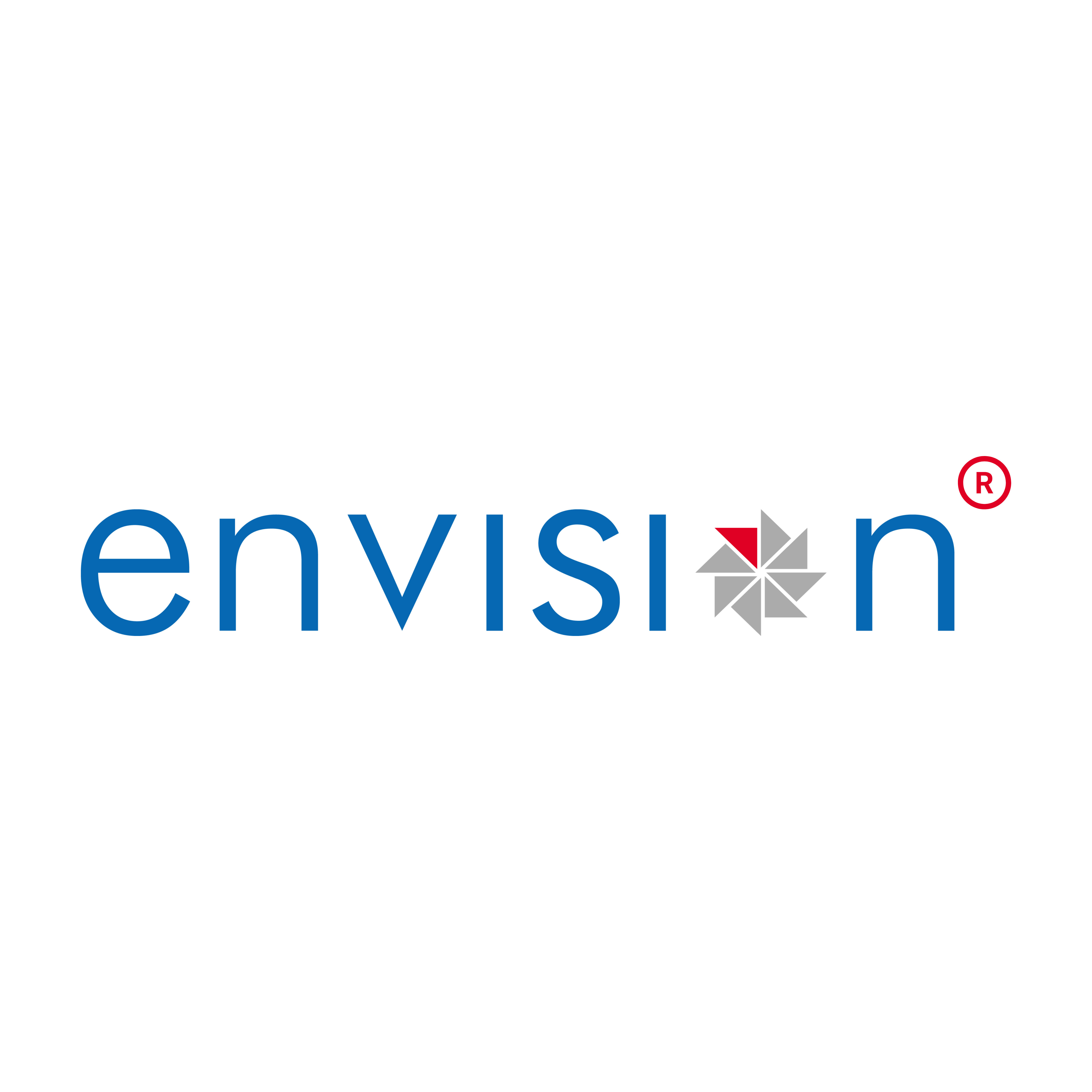
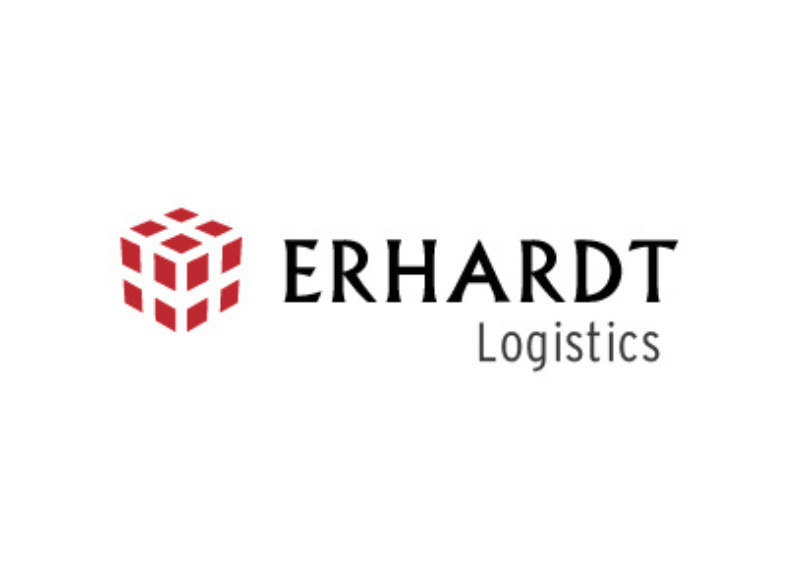
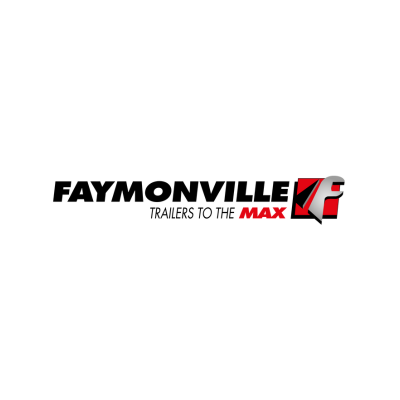
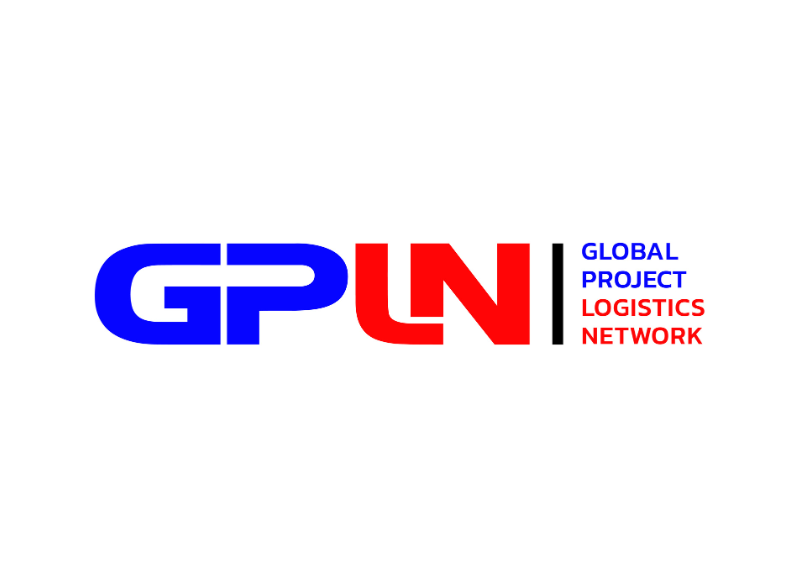

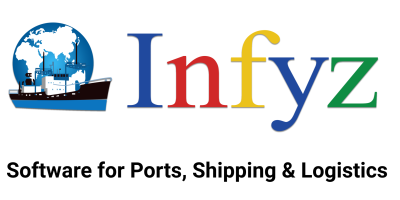
_3.png?ext=.png)
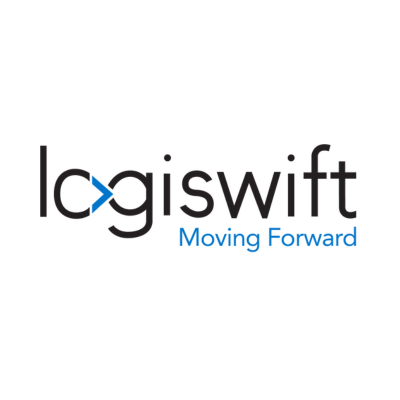
.jpg?ext=.jpg)
